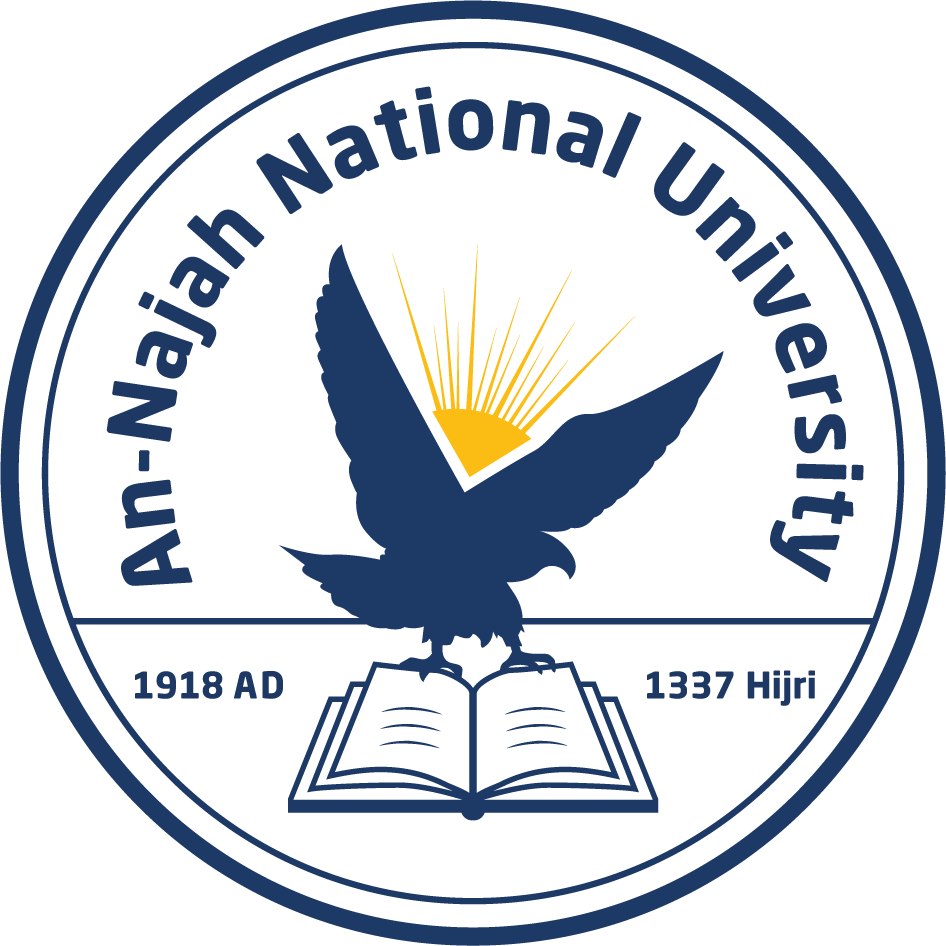Dr. Rassas Emphasizes TESI’s Role in Restoring Dignity to Students in Conflict Zones, Calling for Cross-Border Collaboration to Strengthen Educational Resilience

The General Assembly of the Union of Mediterranean Universities (UNIMED) took place this year at Istanbul Aydin University in Turkey on October 23-24, 2024, successfully concluding discussions on the critical challenges facing higher education in the Mediterranean region. The assembly, hosted by Prof. Mustafa Aydin, President of Istanbul Aydin University, was attended by the Deputy Minister of Higher Education and the Deputy Minister of Tourism and Culture of Turkey, as well as the Ambassador of Palestine to Turkey, Dr. Faed Mustafa. Also in attendance were the Consul General of Italy in Istanbul, Mr. Joan Borrell, Deputy Secretary General of the Union for the Mediterranean, along with a distinguished group of university presidents, vice presidents, and representatives from universities in the region.
In her opening address, Dr. Kherieh Rassas, President of UNIMED and Vice President for International and External Affairs at An Najah National University (ANNU), emphasized the significance of holding both the Board of Directors and General Assembly in Turkey—a country that symbolizes the crossroads of cultures and ideas. Dr. Rassas highlighted Turkey’s pivotal role in fostering dialogue between East and West, promoting cross-border collaboration, and positioning itself as a hub for innovation and education. Also attending from An Najah National University were its president, Prof. Abdel Naser Zaid, and Dr. Saed Khayyat, Director of Grants and Projects who attended virtually.
On the sidelines of the General Assembly discussions, Prof. Abdel Naser Zaid, President of An-Najah National University, signed several important agreements with a number of universities, including the University of Aden, Bogazici University in Turkey, the Institut Convergences Migrations (ICM) affiliated with Paris 1 Panthéon-Sorbonne University, and the École des Hautes études en Sciences Sociales (EHESS). He held key discussions with prominent academic figures, focusing on the necessary procedures for establishing a joint master's program in Arabic Language. Additionally, they addressed the inauguration of the TÖMER Center for Turkish Language at ANNU and explored areas of mutual interest.
Moreover, Prof. Zaid visited the university's Technology Development Center (TEKMER). This hub serves as a platform for creative solutions, particularly in fields like education technology, digital transformation, and sustainability. During his visit, Prof. Zaid highlighted the importance of equipping students with the skills relevant for the evolving global job market, emphasizing the need for collaboration between academia and industry. He also stressed the value of networking and establishing partnerships between An-Najah National University and Istanbul Aydin University in this field.
In a session titled "Education Under Crises," Dr. Saed Khayyat, Director of Projects and Grants at ANNU, reviewed the importance and outcomes of the Technical Education Support for Higher Education Students Initiative (TESI), launched last February to enable students in Gaza to continue their university education as visiting students. Dr. Khayyat stressed that TESI serves as a model for future educational initiatives in crisis-torn regions.
In her speech, Dr. Rassas also elaborated on TESI’s unique dignity-centered approach. "TESI is a commitment to ensuring that these students not only receive an education but are empowered to pursue their aspirations with confidence and self-respect," she stated.
Dr. Rassas also announced a new initiative, funded by the Arab Fund for Economic and Social Development, aimed at developing specialized skills in fields such as Information Technology, Medicine, and Engineering for Palestinian students and young professionals.
Earlier, UNIMED’s 7th Board of Directors was held at Boğaziçi University, reaffirming UNIMED’s commitment to academic collaboration, particularly in conflict-affected regions.

